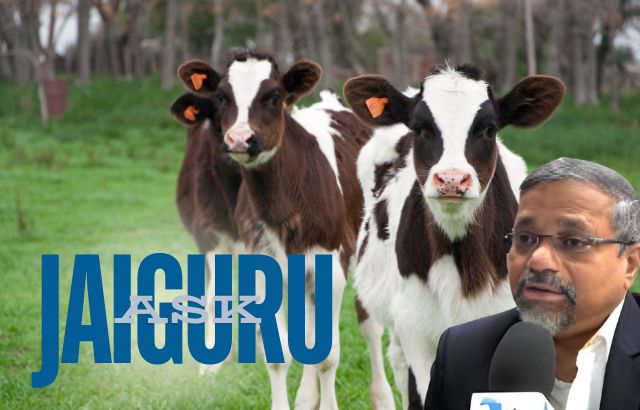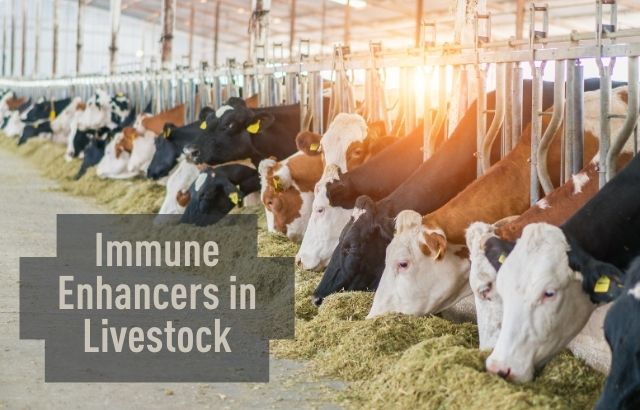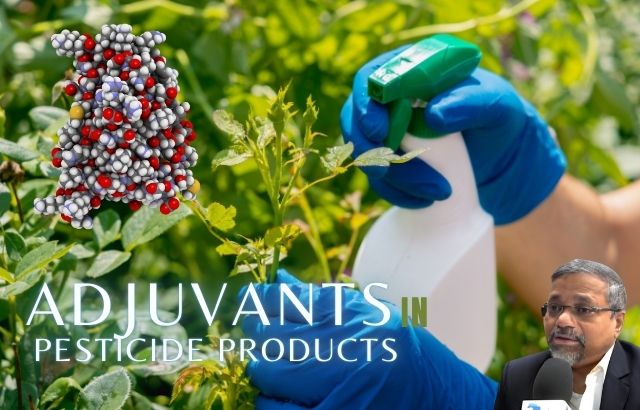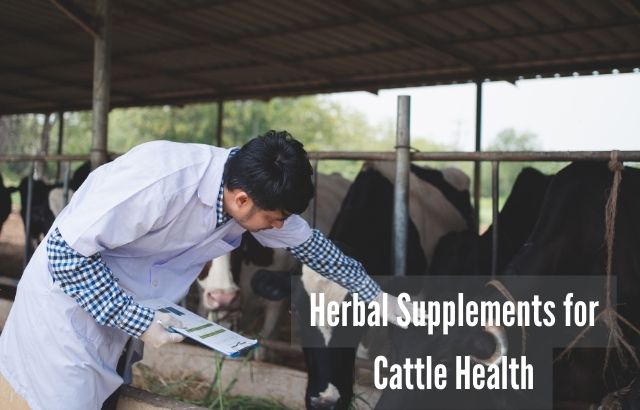Table of Contents
ToggleImmune Enhancers in Livestock: Maintaining animal health is paramount. With diseases such as foot and mouth disease, avian influenza, and other bacterial or viral infections threatening livestock, farm owners are constantly seeking ways to reduce the risk of disease outbreaks. One of the most effective ways to enhance the health and immunity of livestock is through the use of immune enhancers. These supplements not only improve the animals’ natural defense mechanisms but also promote overall well-being and productivity.
What are Immune Enhancers?
Immune enhancers are supplements designed to strengthen the immune system of animals, helping them better resist infections, diseases, and other health-related issues. These products can be added to feed or water to provide essential nutrients, vitamins, minerals, and natural compounds that support immune function.
Key Benefits of Immune Enhancers for Livestock
- Prevention of Disease: Strengthening the immune system helps livestock resist common infections, which reduces the need for antibiotics or other medications.
- Improved Performance: Healthier animals grow faster, reproduce more efficiently, and produce higher-quality products (milk, meat, eggs).
- Reduced Antibiotic Use: Immune boosters can reduce the reliance on antibiotics, which is not only better for animal health but also aligns with growing consumer demand for antibiotic-free products.
- Better Livestock Longevity: By reducing the occurrence of illness, immune enhancers can extend the life expectancy of livestock, leading to long-term profitability for farmers.
Examples of Immune Enhancers for Livestock
- Vitamin C and Vitamin E: These vitamins are known for their antioxidant properties, which help protect cells from oxidative stress and improve immune function.
- Probiotics: These are live microorganisms that promote a healthy gut microbiome, which in turn supports the immune system. Probiotics help to fight off harmful pathogens and improve digestion.
- Echinacea: Known for its ability to stimulate the immune system, echinacea is often used in poultry and cattle to increase resistance to infections.
- Zinc and Selenium: These minerals play a crucial role in immune function. Zinc supports the activity of various immune cells, while selenium helps protect cells from damage caused by free radicals.
- Beta-Glucans: Found in the cell walls of fungi, yeasts, and oats, beta-glucans help modulate immune responses, enhancing the body’s ability to fight off pathogens.
Role of a Green Innovator in Immune Enhancement

Green innovators, like Jaiguru Kadam, play a pivotal role in developing sustainable solutions for agricultural challenges. Jaiguru Kadam has pioneered several environmentally-friendly techniques to improve animal health, focusing on natural, plant-based immune boosters that promote holistic and sustainable farming practices.
Through his innovative work, Kadam has emphasized the importance of biological farming techniques that not only enhance the health of livestock but also improve the environmental footprint of farming. These include the use of organic herbs, advanced probiotics, and eco-friendly supplements that help reduce reliance on chemical inputs.
Jaiguru Kadam’s Approach to Immune Enhancement
Jaiguru Kadam has championed a unique methodology that incorporates both modern science and traditional knowledge. He developed a range of immune-boosting products that contain natural ingredients such as herbs, minerals, and vitamins. By focusing on green, sustainable methods, he has been able to reduce production costs, improve livestock health, and promote the use of organic farming practices.
For example, his herbal-based immune boosters have been shown to reduce disease incidence by up to 30% in cattle and poultry. Through his innovation, Kadam has helped farmers achieve better results with fewer chemical inputs, benefiting both their bottom line and the environment.
FAQs on Immune enhancers livestock boost health, reduce disease, and improve productivity in farming with natural, effective solutions.answered by Jaiguru

- How do immune enhancers help reduce the use of antibiotics?
- By strengthening the animal’s immune system, immune enhancers reduce the likelihood of infections, thereby decreasing the need for antibiotic treatments.
- Are immune enhancers safe for livestock?
- Yes, immune enhancers are generally safe when used according to manufacturer guidelines. However, it’s always important to consult with a veterinarian or animal nutritionist before introducing any new supplements.
- Can immune enhancers be used alongside vaccinations?
- Yes, immune enhancers can complement vaccinations by boosting the immune response and enhancing the effectiveness of vaccines.
- What is the cost-effectiveness of using immune enhancers?
- While the upfront cost of immune enhancers may be higher, they often lead to long-term savings by reducing the need for medical treatments, improving productivity, and lowering disease-related losses.
- How long does it take to see results from immune enhancers?
- Results can vary, but many farmers report noticeable improvements in animal health within 2-4 weeks of incorporating immune enhancers into their livestock’s diet.
Example Calculation by Jaiguru Kadam
Scenario: Reducing Disease Incidences in Poultry
- Initial Disease Incidence (without immune boosters): 15% of a flock of 1,000 chickens succumb to disease annually.
- Cost of Disease Treatment: $20 per bird, leading to a total of $3,000 spent on disease-related treatments.
- Cost of Immune Enhancer: $50 per 100 birds, leading to a total cost of $500 for a flock of 1,000 chickens.
After implementing immune enhancers:
- Reduced Disease Incidence: The disease incidence drops to 5% (from 15%).
- Number of Birds Affected by Disease: 5% of 1,000 = 50 birds.
- Cost of Disease Treatment: 50 birds × $20 = $1,000.
Savings:
Before immune enhancers: $3,000 in disease treatment costs
After immune enhancers: $1,000 in disease treatment costs
Total Savings = $3,000 – $1,000 = $2,000.
By investing in immune enhancers, the farm saves $2,000 annually in disease-related expenses, making it a highly cost-effective solution in the long run.
In conclusion, immune enhancers are a game-changer for livestock farmers looking to improve animal health, reduce disease risk, and enhance productivity. With the help of green innovators like Jaiguru Kadam, these natural, sustainable solutions are becoming more accessible, creating healthier livestock and a more profitable, environmentally-friendly agricultural system.












